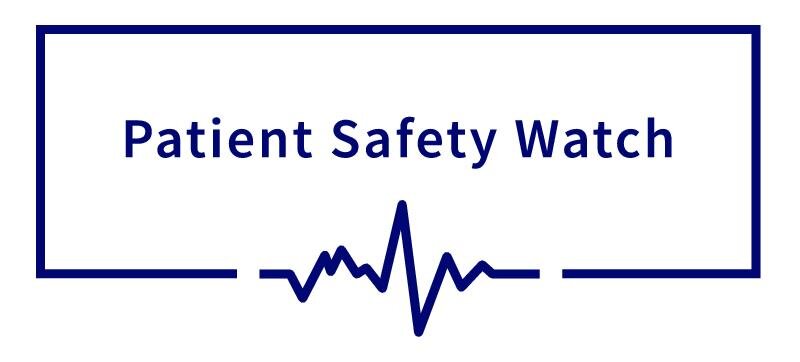This week (9-15 October) marks the 20th Baby Loss Awareness Week and for everyone touched by pregnancy and baby loss, is an opportunity to come together to share experiences in a supportive and kind space. The week will cumulate with a global ‘wave of light’ where at 7pm (local time) on 15th October, families can join in lighting a candle in remembrance of babies that have died too soon.
This year, Baby Loss Awareness Week comes at an especially poignant time for many families, being just ahead of the publication of the East Kent Investigation report on 19th October, chaired by Dr Bill Kirkup.
Losing a baby in any circumstances is a life changing tragedy, but it’s hard to overstate the impact of losing a baby in circumstances where unsafe maternity care contributed to the outcome – yet this continues to be the reality for too many families.
Earlier this year also saw the publication of the final Ockenden report which exposed serious failures in maternity care at the Shrewsbury and Telford NHS Trust. And back in May, Donna Ockenden was appointed as the Chair of yet another major investigation into a maternity service, this time at Nottingham University Hospitals NHS Trust.
The continued spotlight on maternity safety will be difficult for everyone effected, including maternity professionals who are currently working under a huge amount of pressure, but this focus also offers an opportunity for learning and change.
Listening to Families
Last month, Baby Lifeline (a charity I’m proud to work with) held the 3rd National Maternity Safety Conference in Birmingham. This event heard directly from three incredible families whose lives have been shattered following the avoidable loss of babies spanning each of the inquiries mentioned above. Although the stories heard were different, stark and common themes were highlighted. When the very worst outcome imaginable happened, instead of being treated with kindness and compassion – families described a sense of being met with defensiveness, closing of ranks and a lack of openness and candour.
Derek Richford, the grandfather of baby Harry Richford who tragically died due to serious failures in care at East Kent, described the problem succinctly:
“Denial is the thief of learning”
Derek’s quote captured a sentiment that ran throughout the day and resonated with many speakers and delegates.
Whilst there has undoubtedly been a considerable focus on maternity safety in recently years, the biggest mistake we could make now would be to believe the problems highlighted in major inquiry reports are ‘one offs’. Instead, we have to recognise that many of the themes and issues described are system wide, and that lasting change will only happen if there is a united and consistent approach, with policy leaders, national organisations, families, politicians and maternity professionals all working together.
Pressure on the front line
In July this year, the Care Quality Commission published a blog summarising a recent project that heard from a range of front line maternity professionals across England about the challenges they face and their views on what needs to change.
The CQC heard how staff are currently working in ‘exceptionally demanding circumstances’ and that ‘staffing pressures, a drive to meet targets, and insufficient funding’ are all impacting on the safety of maternity services right now.
Speaking as a maternity campaigner involved in the Morecambe Bay Investigation in 2015, the sense of history repeating is hugely disappointing. There has undoubtedly been significant progress in some key areas since then, but the unavoidable conclusion now, must be that progress hasn’t been enough – and that step change is needed.
The Health and Social Care Committee’s 2021 report ‘The Safety of Maternity Services in England’ highlighted a need for 496 more obstetricians and 1,932 midwives and called for an immediate increase in funding for maternity services of ‘between £200m - £350m’. So far, the government have committed to increases in funding that fall well short of this.
With the current system and workforce pressures in maternity services, my real fear is that however ‘right’ we get the individual components of the national maternity improvement strategy moving forward – implementation of ‘essential actions’, recommendations and achieving lasting and sustainable change, is going to be very difficult to achieve.
Along with many other families, at 7pm this Saturday, I’ll be lighting a candle to remember a much-loved baby who is no longer with us. We can’t turn back the clock and change the past, but we should be doing everything possible to learn from it. That can only happen if everyone works together and if we properly support front line professionals by creating the conditions that enable safe care and improvement to happen.
n.b. you can access the recordings from the Baby Lifeline Conference mentioned above here
